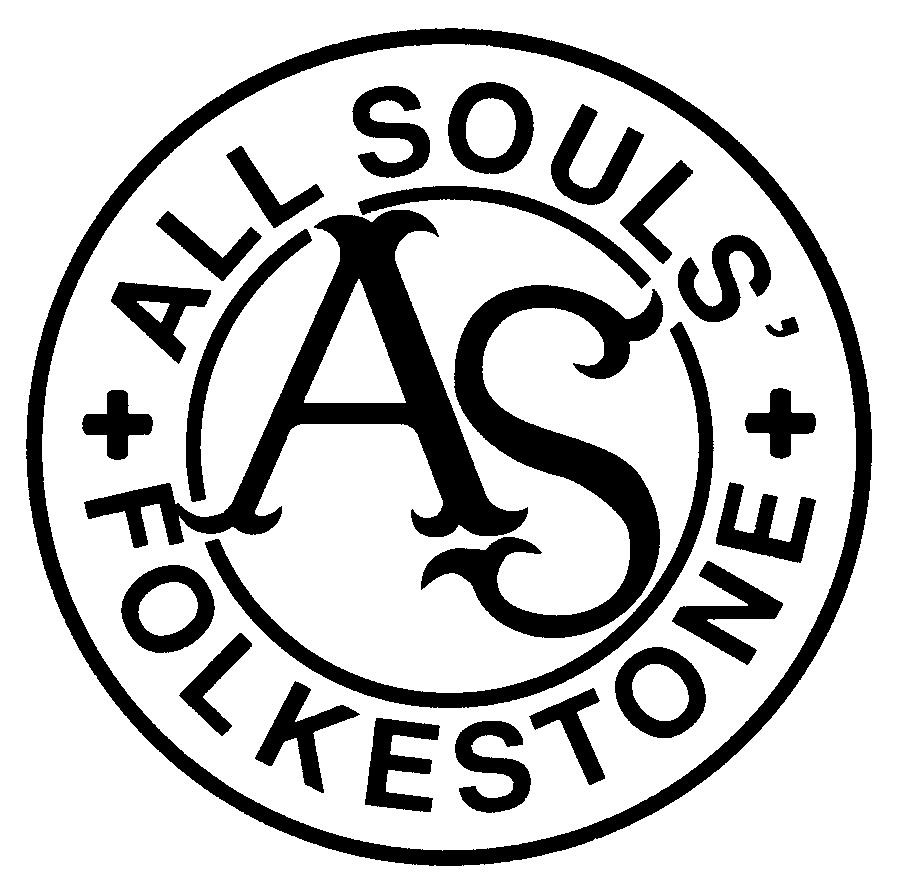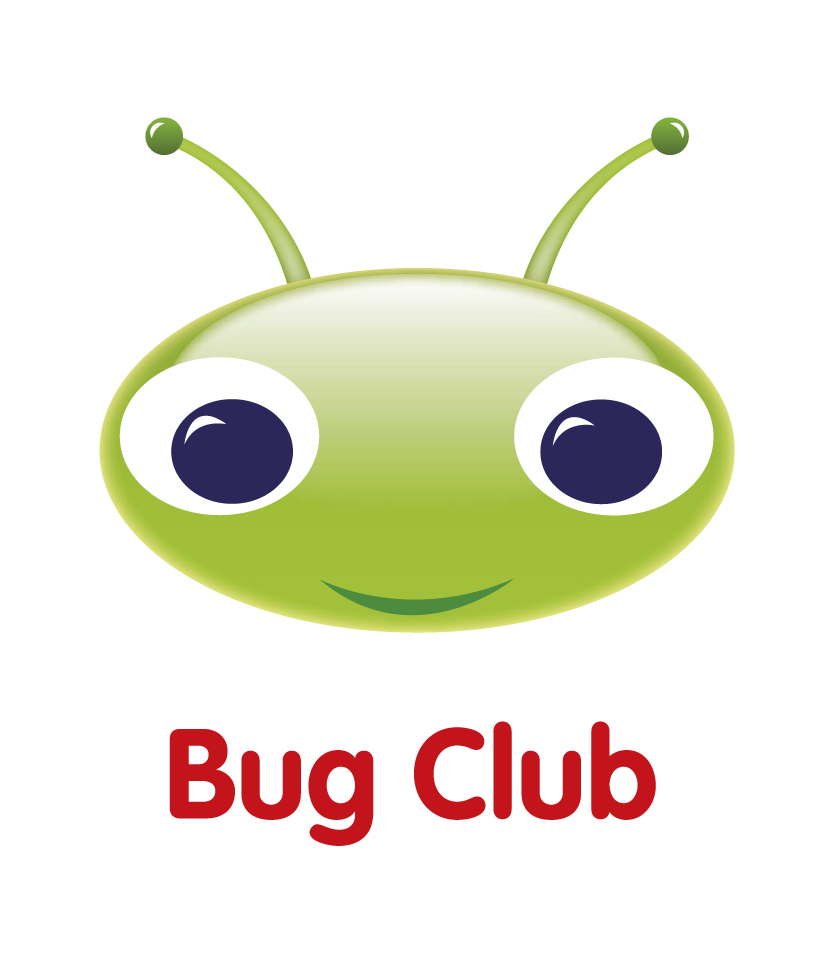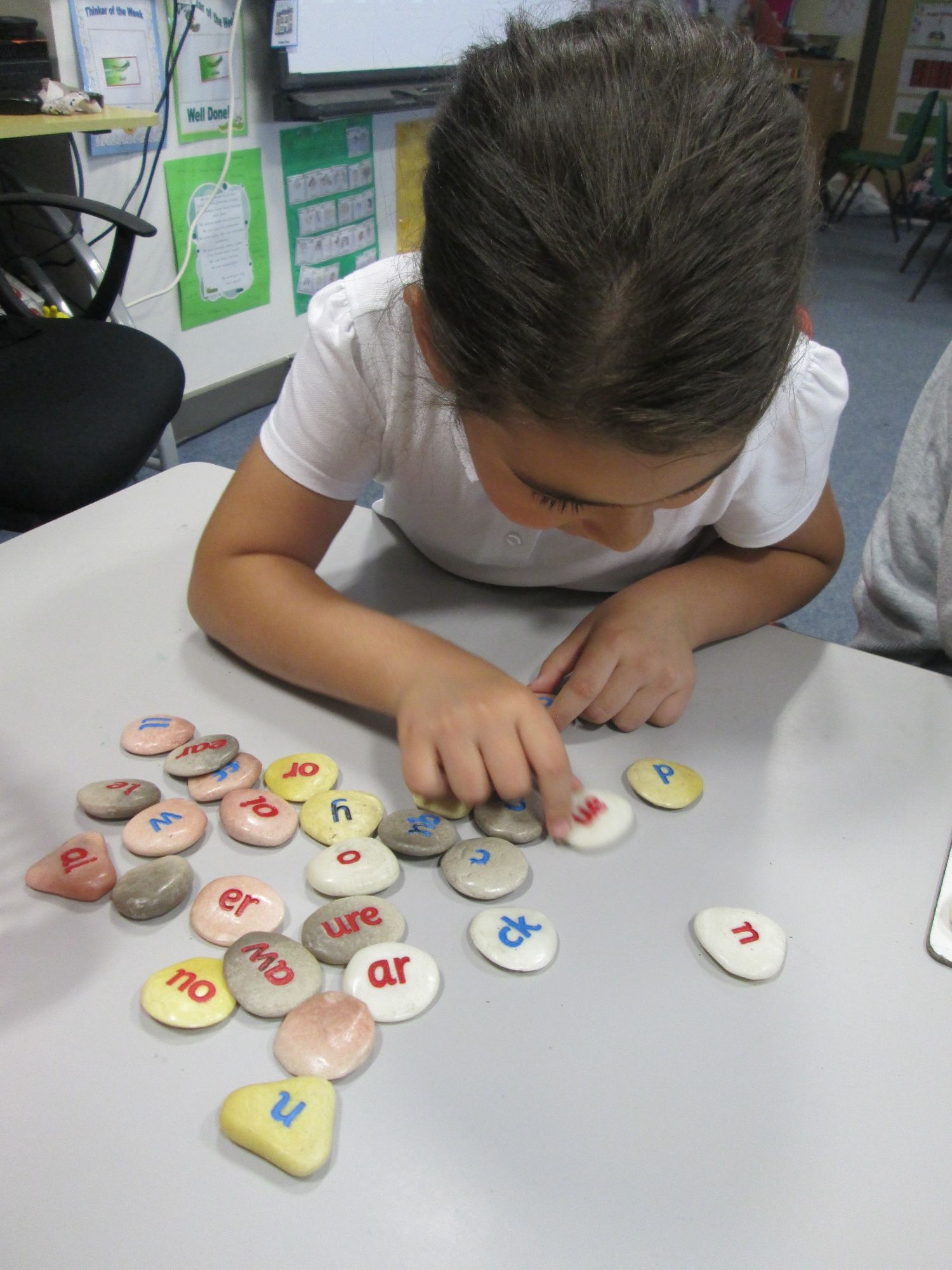EYFS and KS1 Phonics
At All Souls' we use the Bug Club resource to support the systematic teaching of phonics. Pupils from Reception and KS1 will engage in daily phonics sessions.
You can log into Bug Club by clicking the image below.
Reading Books
Your child will bring home a Bug Club reading book twice a week. The books they bring home will be matched to the phonic sounds they currently know, so your child will not need you to sound out, or read anything for them. Reading and re-reading these books will encourage fluency in your child's reading, which in turn will boost their confidence in their own reading abilities. Grown-ups: your role is one of enthusiastic supporter! Praise your child for their reading efforts. Although the books in the early days (with their limited vocabulary) can appear a little 'dry', take time to talk about the events in the book. Ask questions about what happened and why. Discuss how the book made them feel, or whether they enjoyed or disliked the book. Do the events link to something they have done in their own life experiences?
As part of the Bug Club phonic scheme, your child will also have access to a number of phonic books, games and activities on their online platform. When your child starts school they will receive a login and password to help them access these. Again, the books and resources provided online will match their current phonic knowledge. The online platform has a 'grown-ups' link to provide information and support to all our parents.
Your child's phonic knowledge is assessed regularly to ensure the books they bring home and have access to online are matched to their current abilities.
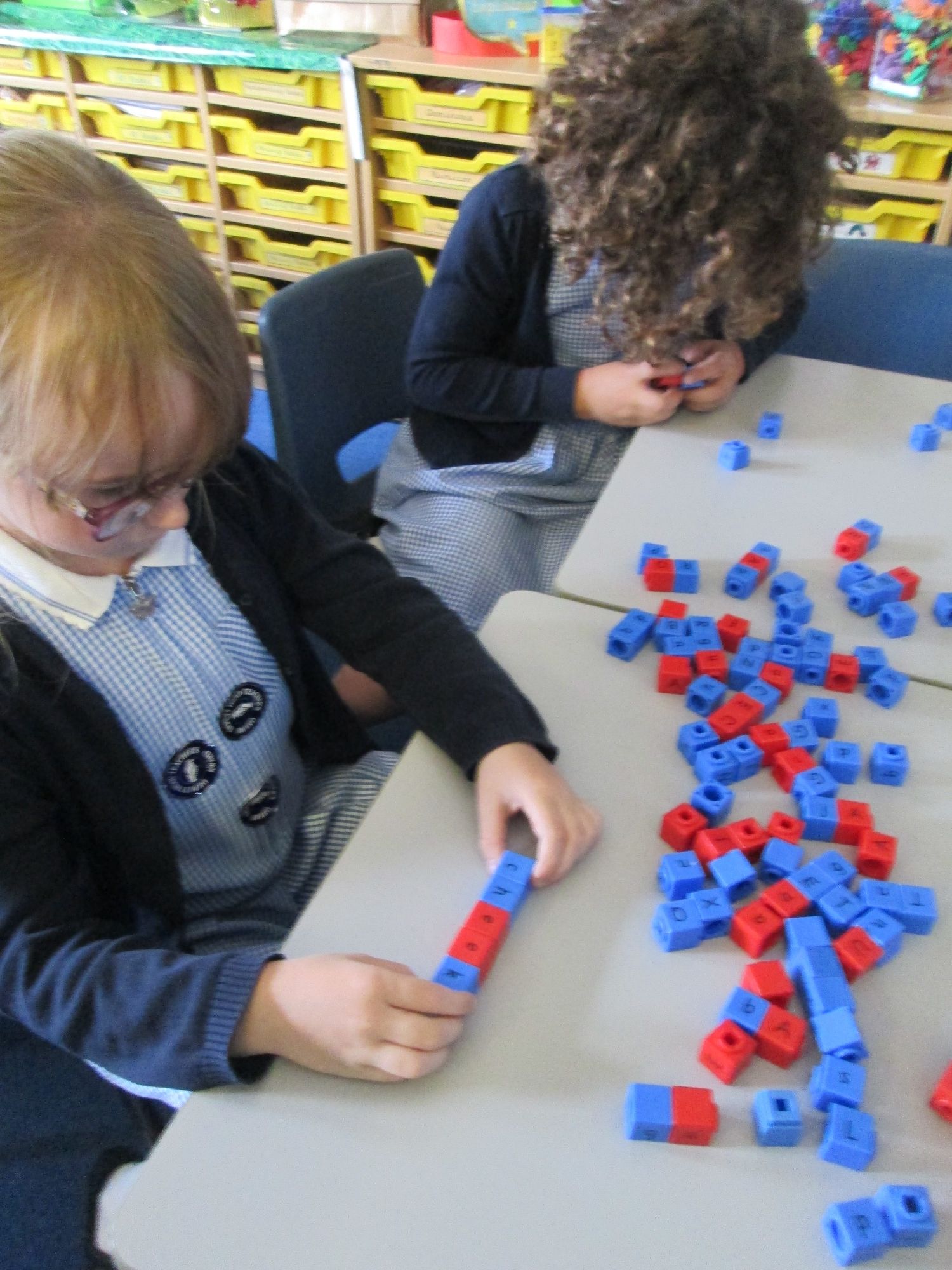
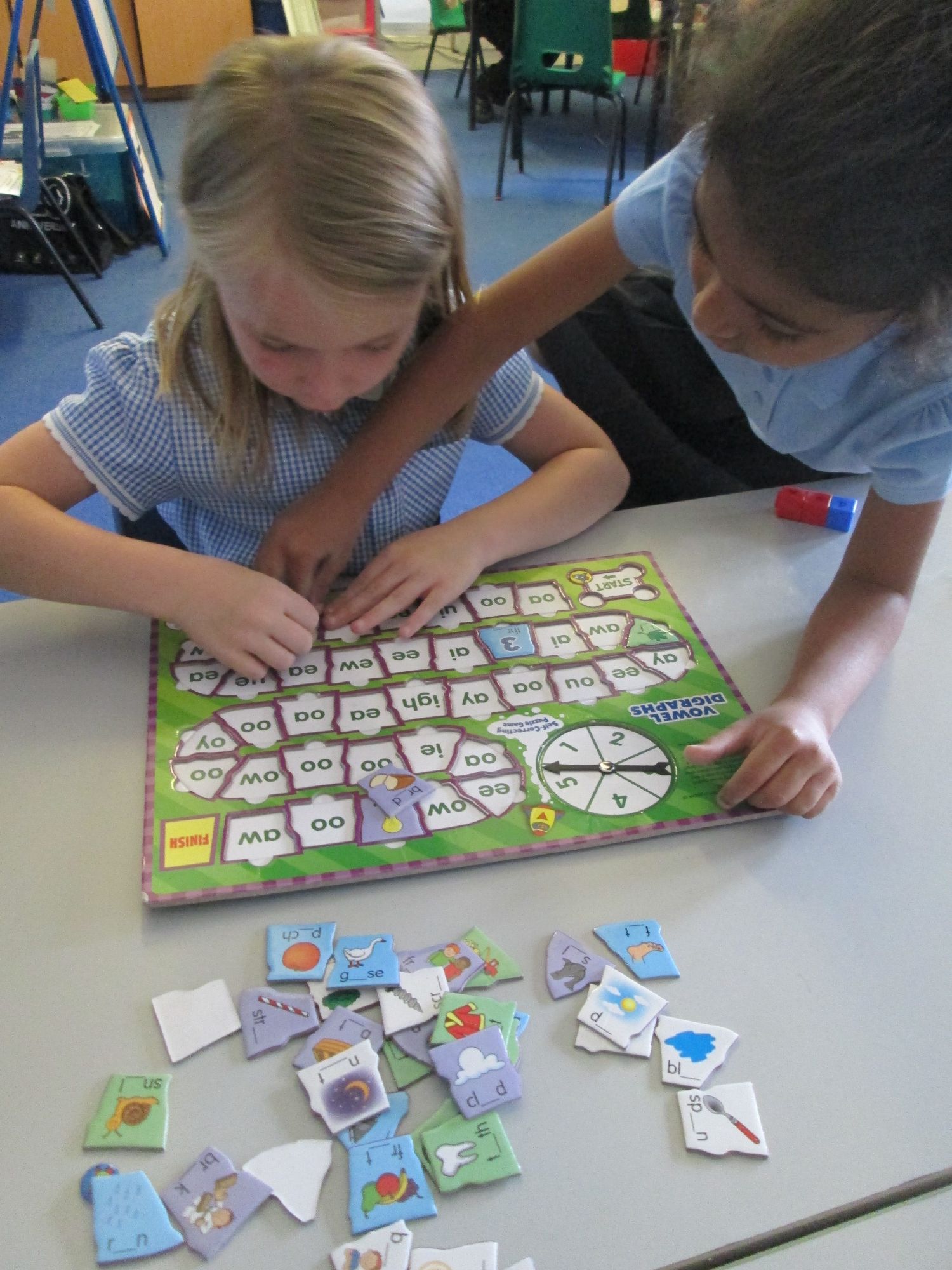
Bug Club Unit Structure
Phase 2
Phase 2 introduces children to letters, and their corresponding sound, in the following sequence:
| Focus | Irregular Words | |
|---|---|---|
| Unit 1 | s, a, t, p | |
| Unit 2 | i, n, m, d | |
| Unit 3 | g, o, c, k | to |
| Unit 4 | ck, e, u, r | the, no, go |
| Unit 5 | h, b, f, ff, l, ll, ss | I, into, her |
Phase 3
Phase 3 introduces 25 new graphemes. In this phase, children will learn about graphemes where more than one letter represents one sound - this is called a digraph. E.g. the grapheme 'ai' represents one sound in the word 'pain'.
| Focus | Irregular Words | |
|---|---|---|
| Unit 6 | j, v, w, x | me, be |
| Unit 7 | y, z, zz, qu | he, my, by, she |
| Unit 8 | ch, sh, th, ng | they |
| Unit 9 | ai, ee, igh, oa, oo (long), oo (short) | we, are |
| Unit 10 | ar, or, ur, ow, oi | you |
| Unit 11 | ear, air, ure, er | all, was, give, live |
Phase 4
In Phase 4, no new graphemes are introduced. The main aim of this phase is to consolidate the children's knowledge, and for them to be able to blend an increasing number of sounds together in order to read, this includes adjacent consonants e.g. stop - s t o p. The 's' and the 't' are both consonants, and are next to each other in this word.
Unit 12
CVC Words
The word 'pen' is a CVC word (consonant / vowel / consonant). Examples of other CVC words:-
- sad
- mud
CCVC Words
The word 'stop' is a CCVC word (consonant / consonant / vowel / consonant). Examples of other CCVC words:-
- trip
- club
CVCC Words
The word 'milk' is a CVCC word (consonant / vowel / consonant / consonant). Examples of other CVCC words:-
- hump
- bend
Tricky words for Unit 12 - said, have, like, so, do, some, come, were, there, little, one, when, out, what
Phase 5
In Phase Five, children will learn more graphemes and phonemes. For example, they already know 'ai' as in 'pain', but now they will be introduced to 'ay' as in 'way' and 'a-e' as in 'take'.
Some new graphemes for reading
| Focus | |
|---|---|
| Unit 13 | wh e.g. when, white |
| ph e,g, dolphin, phonics | |
| Irregular words for this unit - oh, their, people | |
| Focus | |
|---|---|
| Unit 14 (long a) | ay e.g. say, crayon |
| a-e e.g. made, escape | |
| eigh e.g. eight, weigh | |
| ey e.g. grey, they | |
| ei e.g. vein, reindeer | |
| Irregular words for this unit - Mrs, Mr, Ms | |
| Focus | |
|---|---|
| Unit 15 (long e) | ea e.g. sea, steamy |
| e-e e.g. these, concrete | |
| ie e.g. shield, piece | |
| ey e.g. monkey, valley | |
| y e.g. very, jelly | |
| Irregular words for this unit - looked, called, asked | |
| Focus | |
|---|---|
| Unit 16 (long i) | ie e.g. tie, denied |
| i-e e.g. shine, inside | |
| y e.g. try, supply | |
| Irregular words for this unit - water, where | |
| Focus | |
|---|---|
| Unit 17 (long o) | ow e.g. snow, grown |
| o-e e.g. those, explode | |
| o/oe e.g. potato, toe | |
| Irregular words for this unit - who, again | |
| Focus | |
|---|---|
| Unit 18 (short oo) | ew e.g. blew, threw |
| ue e.g. clue, tissue | |
| u-e (long o) e.g. tune, pollute | |
| u/oul e.g. push, should | |
| Irregular words for this unit - thought, through | |
| Focus | |
|---|---|
| Unit 19 | aw e.g. saw, yawn |
| au e.g. haul, launch | |
| al e.g. call, talk | |
| Irregular words for this unit - work, laughed, because | |
| Focus | |
|---|---|
| Unit 20 | ir e.g. bird, thirsty |
| er e.g. herb, expert | |
| ear e.g. learn, heard | |
| Irregular words for this unit - Thursday, Saturday, thirteen, thirty | |
| Focus | |
|---|---|
| Unit 21 | ou e.g. cloud, mountain |
| oy e.g. joy, oyster | |
| Irregular words for this unit - different, any, many | |
| Focus | |
|---|---|
| Unit 22 | ere/eer e.g. sphere, sheer |
| are/ear e.g. share, wear | |
| Irregular words for this unit - eyes, friends | |
| Focus | |
|---|---|
| Unit 23 | c e.g. cash, camera |
| k e.g. keep. thank | |
| ck e.g. track, pocket | |
| ch e.g. chemist, school | |
| Irregular words for this unit - two, once | |
| Focus | |
|---|---|
| Unit 24 | c(e)/c(i)/c(y) e.g. force, circus, fancy |
| sc/st(l) e.g. scent, castle | |
| se e.g. use, noise | |
| Irregular words for this unit - great, clothes | |
| Focus | |
|---|---|
| Unit 25 | g(e)/g(i)/g(y) e.g. age, ginger, gym |
| dge e,g, bridge, judge | |
| Irregular words for this unit - it's, I'm, I'll, I've | |
| Focus | |
|---|---|
| Unit 26 | le e.g. purple, ankle |
| mb e.g. climb, plumber | |
| kn/gn e.g. knit, gnome | |
| wr e.g. write, wreck | |
| Irregular words for this unit - don't, can't, didn't | |
| Focus | |
|---|---|
| Unit 27 | tch e.g batch, kitchen |
| sh e.g. action, special | |
| ea e.g. bread, instead | |
| zh e.g. vision, treasure | |
| (w)a e.g. was, swamp | |
| o e.g. come, worry | |
| Irregular words for this unit - first, second, third | |
Phase 6
The main aim of Phase 6 is for children to read with more fluency, and for them to become more accurate spellers.
| Focus | |
|---|---|
| Unit 28 | suffix ending: -ing e.g. humming, jogging |
| suffix ending: -ed e.g. rubbed, dimmed | |
| suffix ending: - split digraph silent 'e' + '-ing', '-ed' e.g. joked, saving | |
| Irregular words for this unit - clearing, gleaming, rained, mailed | |
| Focus | |
|---|---|
| Unit 29 | suffix ending: -s e.g. dogs, apples |
| suffix ending: '-es' after 'ss', 'x' e.g. masses, boxes | |
| suffix ending: '-es' after 'ch', 'sh', 'tch' e.g. bunches, wishes, ditches | |
| Irregular words for this unit - men, mice, feet, teeth, sheep | |
| Focus | |
|---|---|
| Unit 30 | prefix re- e.g. rejoin, replace |
| prefix un- e.g. unfair, unhappy | |
| prefix + root + suffix e.g. unloads, replayed, recalled |
